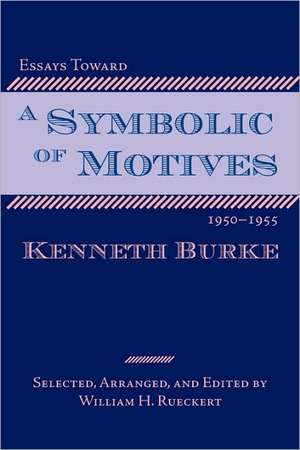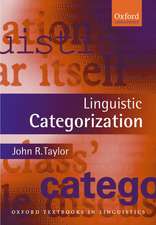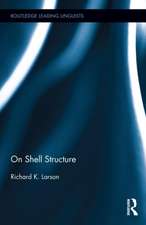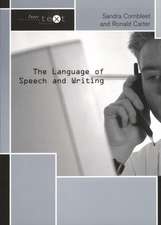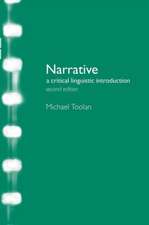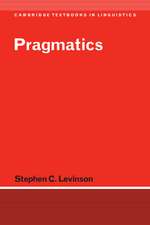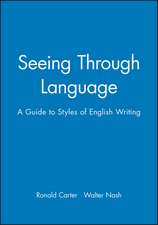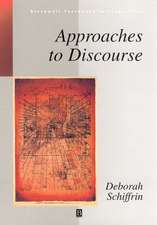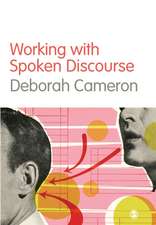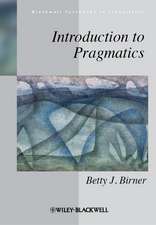Essays Toward a Symbolic of Motives, 1950-1955
Autor Kenneth Burke Editat de William H. Rueckerten Limba Engleză Hardback – 31 oct 2006
| Toate formatele și edițiile | Preț | Express |
|---|---|---|
| Paperback (1) | 227.48 lei 6-8 săpt. | |
| Parlor Press – 31 oct 2006 | 227.48 lei 6-8 săpt. | |
| Hardback (1) | 445.87 lei 6-8 săpt. | |
| Parlor Press – 31 oct 2006 | 445.87 lei 6-8 săpt. |
Preț: 445.87 lei
Nou
Puncte Express: 669
Preț estimativ în valută:
85.32€ • 89.38$ • 70.71£
85.32€ • 89.38$ • 70.71£
Carte tipărită la comandă
Livrare economică 09-23 aprilie
Preluare comenzi: 021 569.72.76
Specificații
ISBN-13: 9781932559354
ISBN-10: 1932559353
Pagini: 340
Dimensiuni: 152 x 229 x 22 mm
Greutate: 0.65 kg
Ediția:New.
Editura: Parlor Press
Locul publicării:United States
ISBN-10: 1932559353
Pagini: 340
Dimensiuni: 152 x 229 x 22 mm
Greutate: 0.65 kg
Ediția:New.
Editura: Parlor Press
Locul publicării:United States
Descriere
Descriere de la o altă ediție sau format:
This volume contains the work Burke planned to include in the third book in his Motivorum trilogy. Following Rueckert's Introduction, Burke lays out his approach in essays that theorize and illustrate the method, which he considered essential for understanding language as symbolic action and human relations generally.
This volume contains the work Burke planned to include in the third book in his Motivorum trilogy. Following Rueckert's Introduction, Burke lays out his approach in essays that theorize and illustrate the method, which he considered essential for understanding language as symbolic action and human relations generally.
